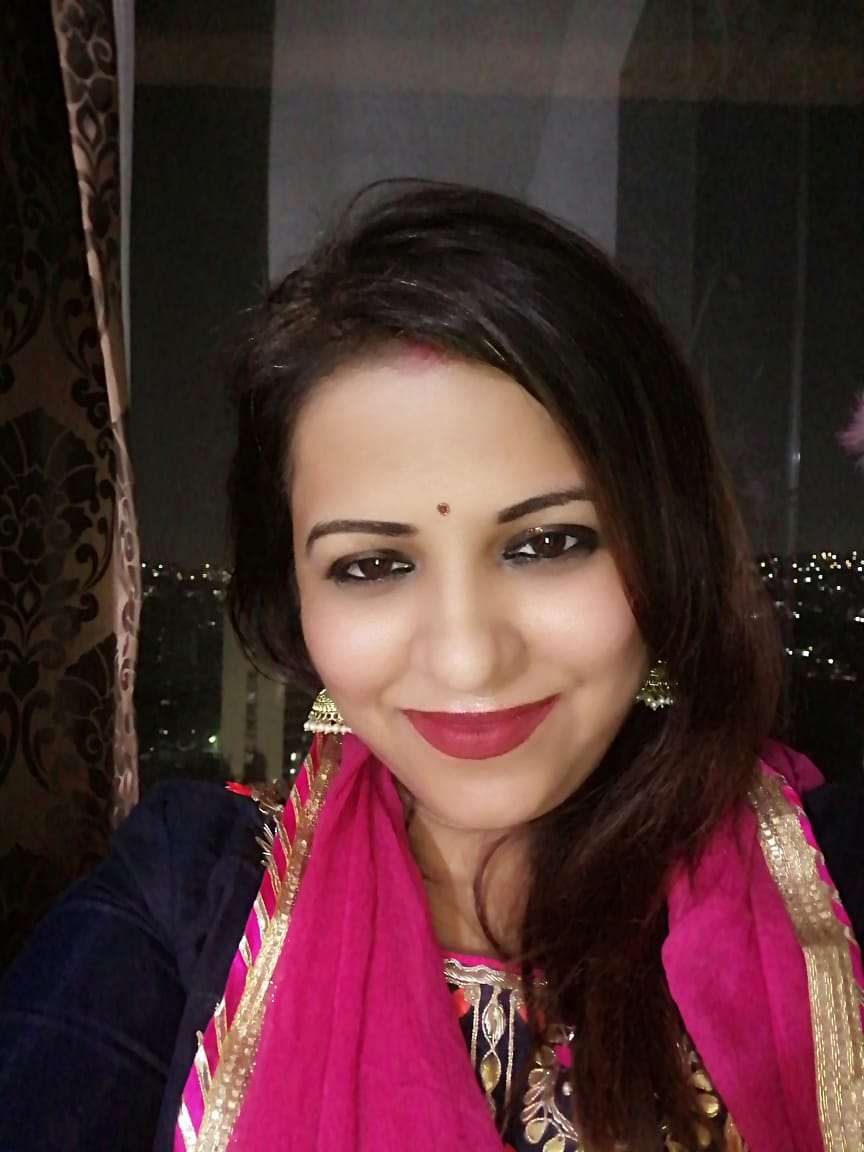Deepa Punjabi breaks down her cancer journey to help other cancer patients come to terms with theirs.
Deepa lost her hair during chemotherapy. She usually kept the baldness covered under a scarf. One night she woke up to drink some water and noticed her seven year old daughter awake. Her daughter had noticed, possibly for the first time, that her mother was bald. There was no head scarf.
Deepa was worried. What would her daughter feel about her bald head? Would she be scared, or worried about what was happening to her mother? Deepa didn’t quite know how to react. But her daughter did. She hugged her mother and said, “It will be fine, mumma. Everything will be okay.”
The innocence of children is a lesson for adults. They do not overthink. They accept. They forget their pain easily. And they are very willing to believe that everything will be alright.
This memory of her daughter’s acceptance has stayed with Deepa long after she entered remission. Today she is a cancer survivor. She knows that one major factor in making it through that journey was her daughter. She wanted to live for her daughter. Her daughter was still too young and she needed her mother.
This was a memory Deepa Punjabi, two-time breast cancer survivor shared at the latest Talk Your Heart Out session. She was explaining how she found the strength to keep fighting and how the experience made her stronger than she could ever have imagined.

Everyone needs a family
Talking about what to expect after a cancer diagnosis, Deepa spoke about how her family found it harder to accept the diagnosis than she did. Very often people believe that cancer is fatal and that hardly anyone survives cancer. This makes them feel hopeless.
Her family was very worried too, but they tried to put on a brave face for her sake. Just as she put on a brave face for their sake. The family unit can be the ultimate support group through our cancer journey if there is honest communication and positivity within the family.
But not all of us are so lucky as that. For many cancer patients, ‘cancer’ is an ominous word within the home. No one in the family wants to discuss it. The family might choose to be in denial over the diagnosis, or worse still they might enforce a forced positivity on the patient that doesn’t allow for open sharing of fears or worries.
That is where support groups like Talk Your Heart Out become essential. They provide a safe space for sharing of feelings and doubts. Since everyone in the group has experienced cancer, either as a patient or as a caregiver, the opinions and advice shared here tend to be helpful as they come from a place of experience and empathy.
Cancer, in the times of coronavirus
During the session, another breast cancer survivor, Anjali Gadoya, spoke about how the present pandemic is reminding them of their cancer days. Cancer survivors are warned to be extra cautious of coronavirus.
The frequent warnings and showing of concern from friends and relatives may not always have the desired effect on our survivors. Anjali stressed on the need to stay positive at such a time, to truly believe that we will be fine. As long as we are taking precautions, there is no need for unwarranted fears and panic.
The support system has attracted doctors and counselors who are willing to help out in any way possible with their knowledge and services. The cancer patients and survivors now benefit from not just peer support but also expert advice.
Finding companionship
The biggest advantage of being a part of such a support group, however, remains one of companionship. It’s a consolation to listen to others who have been through similar experiences and are willing to give you a patient ear.
One of the less addressed repercussions of a long term illness like cancer is loneliness. Not being able to connect with the experiences of others of your age, and not feeling very positive about the future, can be extremely isolating. It is crucial for our mental health that each of us find a support group where we will be heard and where we can relate with the others.
Talk Your Heart Out also connects the newly diagnosed with the veteran survivors, creating an environment of mentoring which can be beneficial to both persons. It’s always great to have someone you can call when you need to talk. Knowing that someone is looking out for you and wants to see you recover can itself have a positive impact on your wellbeing.
Come join one of our sessions to experience this feeling of reassurance. If you are too shy to do so, join our whatsapp group to begin with. Contact us at community@onco.com to show interest. No one is forced to share or speak about their experience. Even just listening to others can help you in more ways than you may realise. 

